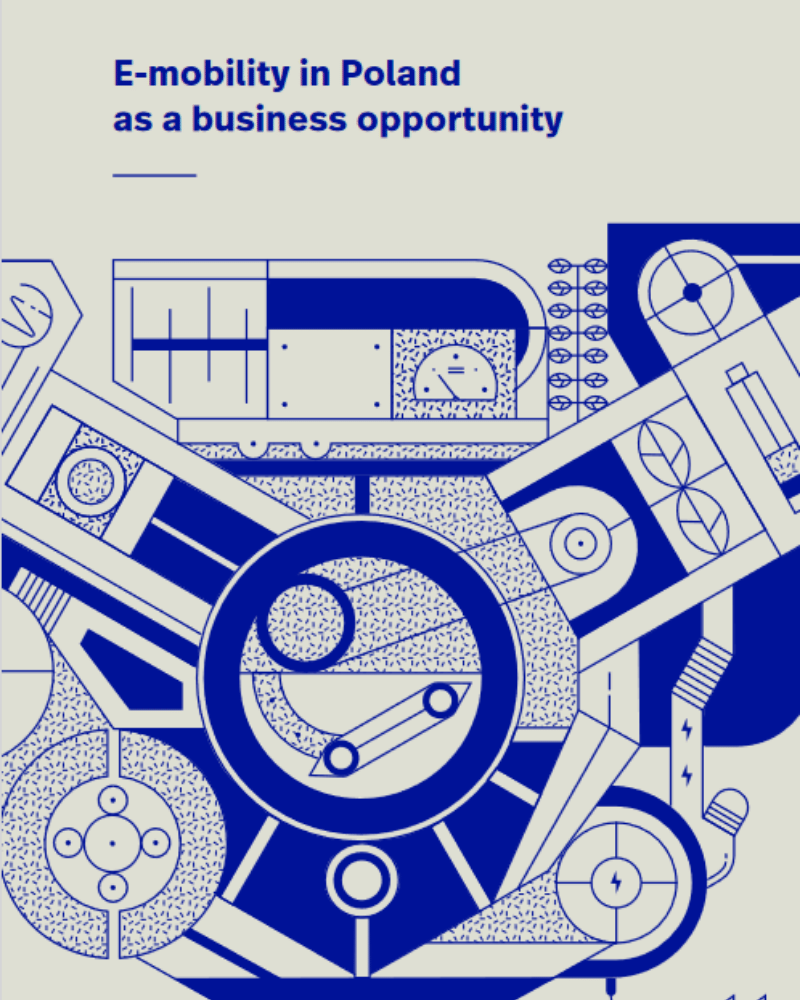
E-mobility in Poland as a business opportunity
The e-mobility market is growing fast. Sales of new electric cars worldwide surpassed 1 million units in 2017, an increase of 54 per cent compared with 2016. The global stock of electric cars surpassed 3 million units in 2017 after crossing the 2-million mark only in 2016. The spread of electric vehicles is supported by climate action policy, rising concerns over air quality in ever more con-gested cities, and also energy security. After all, in today?s volatile energy market, the most secure oil supplies are those that can be avoided altogether.
Europe is a pioneer of this technological shi-ft. The European market is going strong with a few countries clearly in the lead including Norway, Iceland, Sweden, the UK, France and the Netherlands. Poland has grand ambitions for e-mobili-ty and legislation in place to enable their realization. But Poland lacks sufficient incentives for e-mobility uptake, which, as research and experience has shown, is the prerequisite of rapid market growth. The Polish market has great economic poten-tial due to its size and the importance of the automotive sector for the country’s economy. Furthermore, the electrification of transport could vastly improve Poland?s environment and energy security, mitigating air pollution and oil import dependency. Still, the uptake of EVs so far has been slow, and the investment in infrastructure lags behind the government’s plans. The Polish EV development programme, laun-ched only in recent years, is already running behind schedule.
11On the other hand, there are a number of e-mobility sectors performing well. Some players are enjoying healthy growth and are keen to expand and look for new opportunities in this innovative business environment. The most promising sectors include the electric bus manufacturing value chain, the development of charging infrastructure, battery production and innovative storage solutions.
The leaders of change in the Polish market are far from obvious. They include some start-up companies and small and medium-sized Polish municipalities. It is these stakeholders who push the boundaries of what is possible. It is cities like Jaworzno or Zielona Góra where business opportunities are the greatest. From e-mobility to autonomous vehicles, local leaders will continue to set new standards and test new solutions. They are open to new solutions and new ideas. These are the business partners to look for.
This report describes why e-mobility is such an important topic in Poland, how the regulations are set up and how the market is developing. Our analysis also describes the key stakeholders. We hope that getting familiar with the Polish e-mobility market will be the first step in recognising some interesting and advantageous business opportunities.



